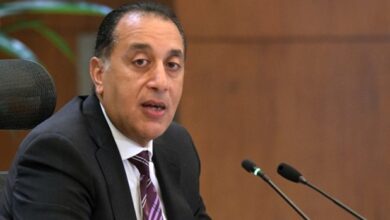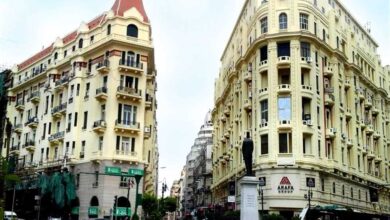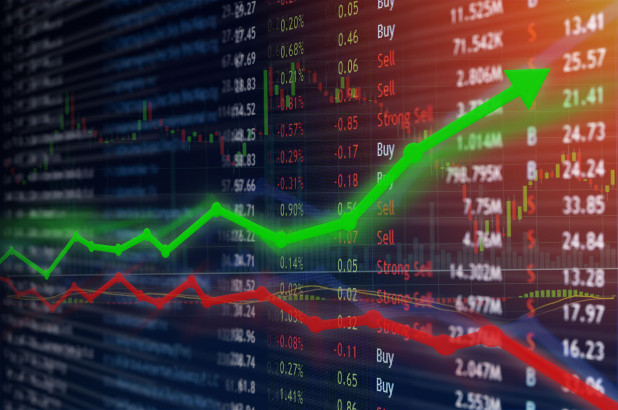After falling more than 10 points this week, Egypt’s stock exchange is taking measures to ensure that it stays open despite the events in Tahrir, authorities say, to prevent further investor panic.
“We are trying to keep the exchange from closing,” an official from the Egyptian Exchange told Al-Masry Al-Youm. “Of course we want to keep the market working.” The official asked to remain anonymous, in line with rules of the exchange.
On Tuesday, the index fell nearly 5 points, and the stock market closed early. But administrators are striving to keep it open in coming days, according to the exchange official.
The Egyptian Exchange’s response Tuesday is part of an approach implemented since the beginning of the revolution in January, when the market closed for nearly two months during the uprising that deposed former president Hosni Mubarak. Now, the exchange official said, the bank will not close down so easily.
“It’s much easier to close the stock exchange than to open it up after it’s been closed for a long time,” he said.
There are now measures in place to prevent traders from reacting in spasms of panic. If the index drops more than 5 points in a day, the market will close for a half-hour or hour break. If the market drops 10 points in one day, market overseers will consider suspending trading for the rest of the day.
Authorities announced these measures in March after the months-long hiatus in trading earlier this year. Before it closed in January, the Egyptian index slid nearly 20 points in a few days. Upon reopening, it fell nearly 9 more.
The new system is designed to be a sort of “circuit breaker” to mitigate any huge shocks on the market. It seems the procedure might have worked. The market closed Wednesday afternoon at a normal time, having improved by over 1 percentage point over the previous day.
The Central Bank has struggled to keep the Egyptian pound from falling against the dollar, and the country’s foreign reserves are reaching perilously low levels, economists have warned.
SCAF head Field Marshall Tantawi’s speech on Tuesday, which protesters rejected as not coming close to meeting their demands, failed to reassure investors or have a positive effect on the market. A benchmark of financial risk in the country, the Egypt-dollar bond’s yield climbed .12 percent after Tantawi appeared on state television. The speech was received by protestors in the square with calls of “leave, leave,” directed at Tantawi.
The exchange representative called the speech “a step back.”
Stock exchange officials and bankers are hoping that parliamentary elections, which are expected to start on Monday, will appease investors looking for signs of political stability. Foreign investors have expressed unwillingness to return until independent elections are held.
“Still, we’re gambling with what the road map will be,” the representative said.
Rami Mamdouh, 24, was resting from the fighting in Tahrir Square at a coffee shop near the exchange’s downtown building. A restaurant chef with a business degree, he said it’s a shame to see all the shops closed, but he doesn’t think that whether the nation’s stock exchange stays open or not is important at this time.
“The protest, that is what is important,” he said, a paper gas mask hanging around his neck. “Even though we don’t know what’s coming next, we know the demonstration is what we need to move forward.”




